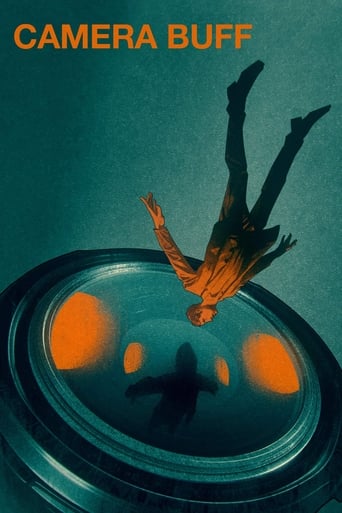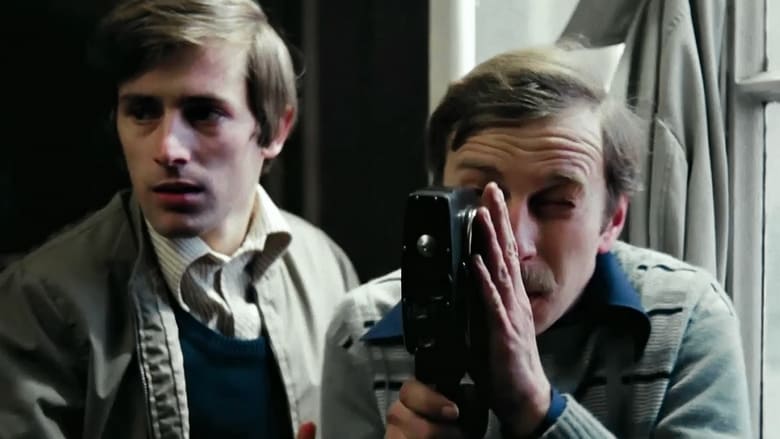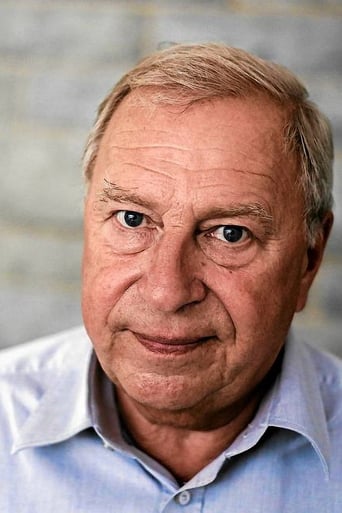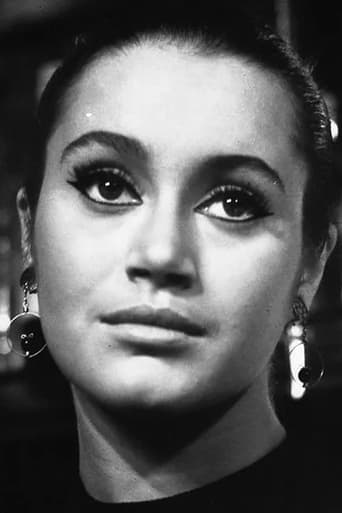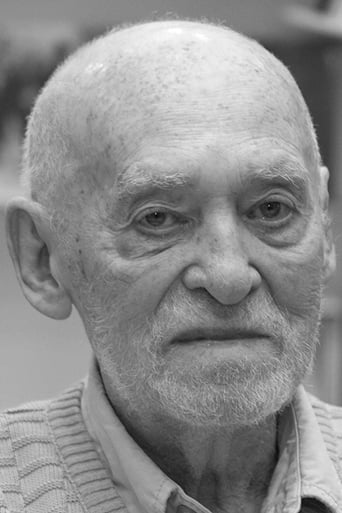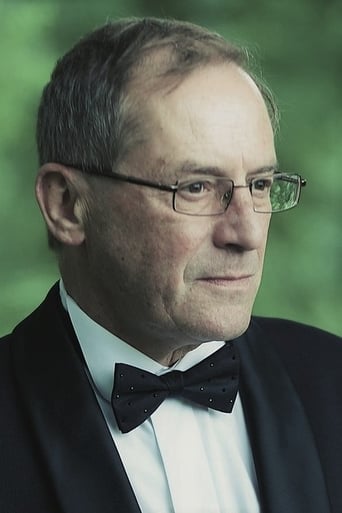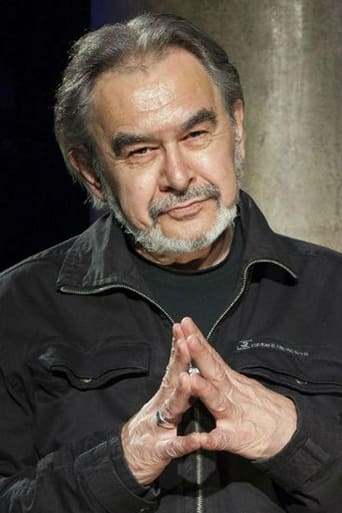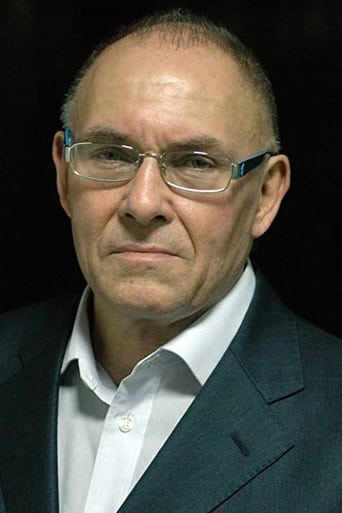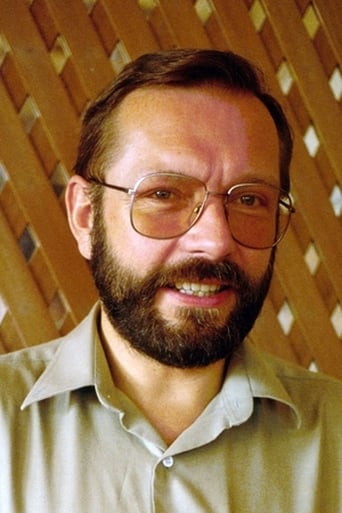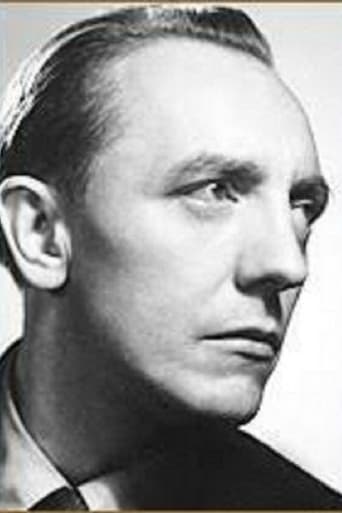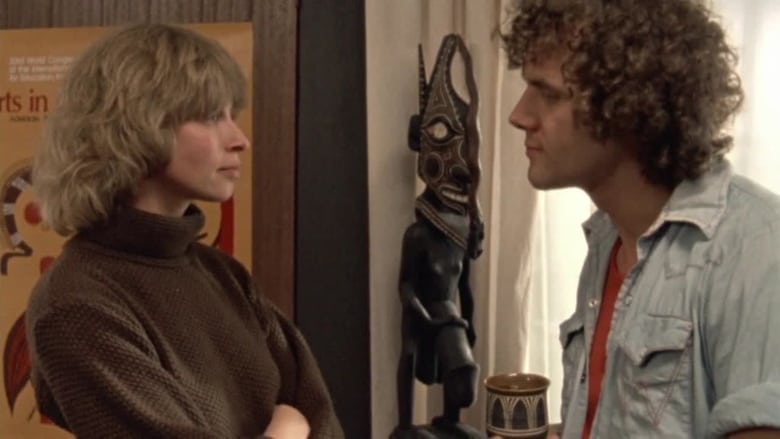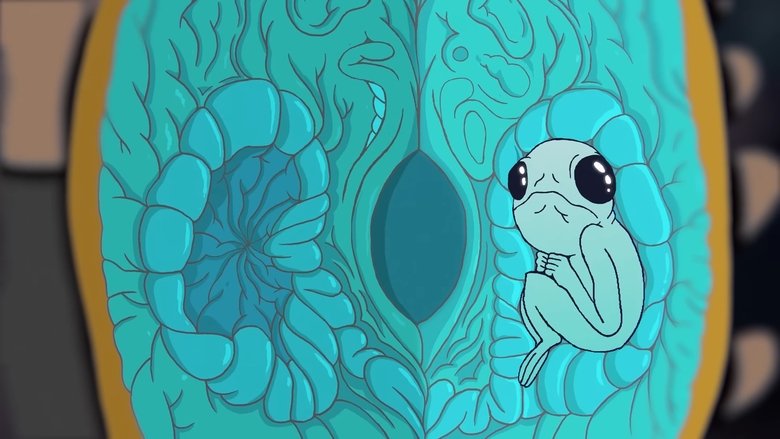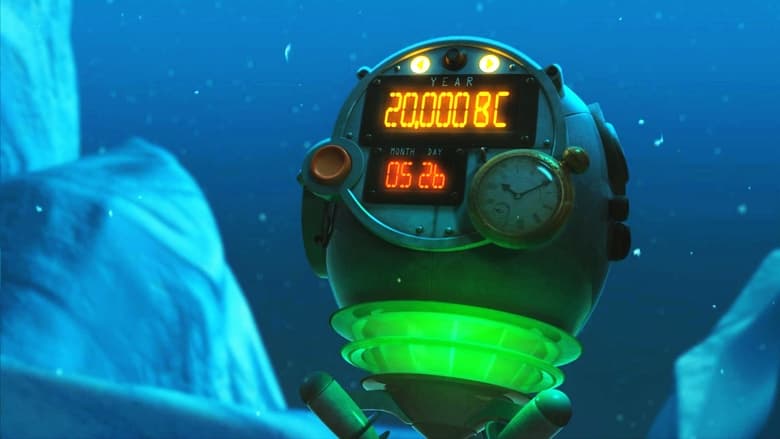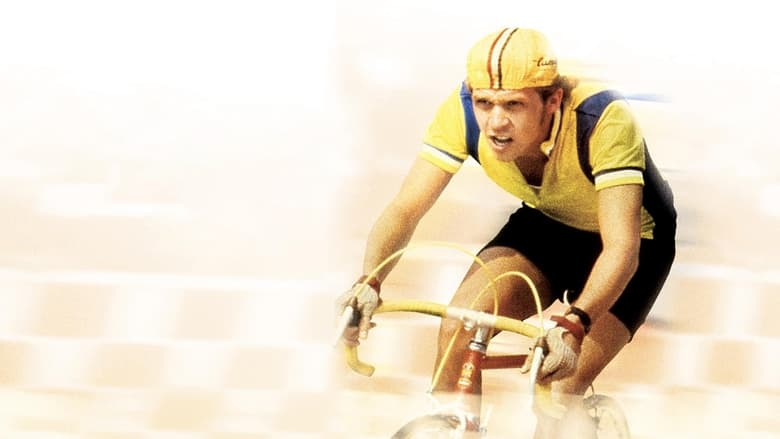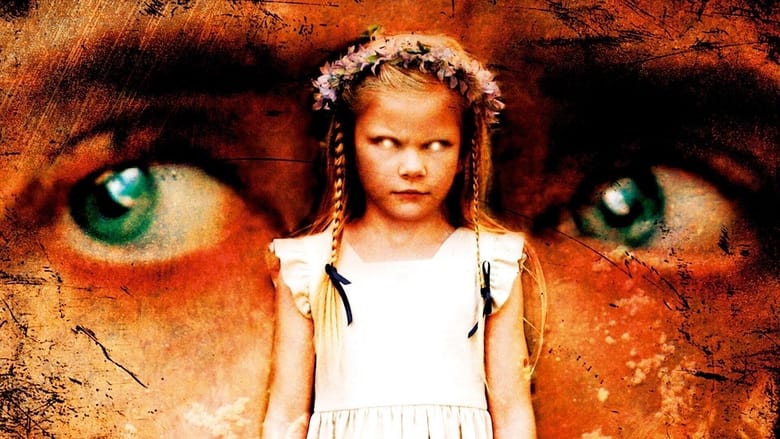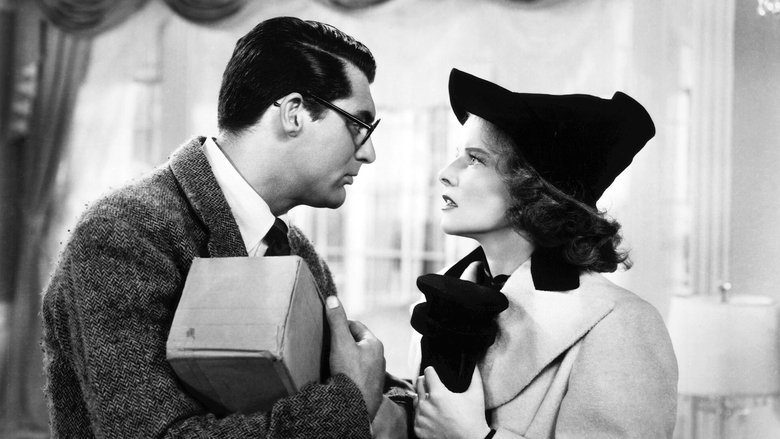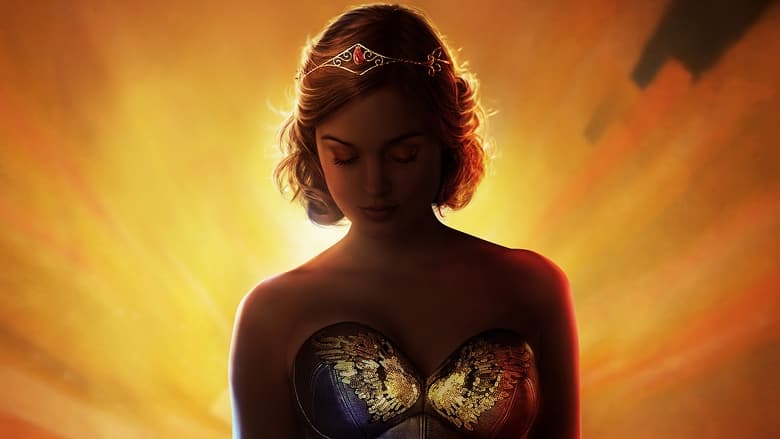Filip buys an 8mm movie camera when his first child is born. Because it's the first camera in town, he's named official photographer by the local Party boss. His horizons widen when he is sent to regional film festivals with his first works but his focus on movie making also leads to domestic strife and philosophical dilemmas.


Similar titles
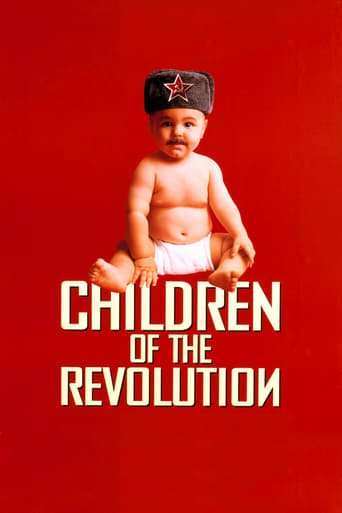
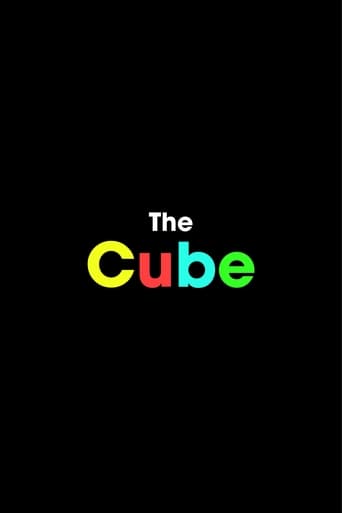
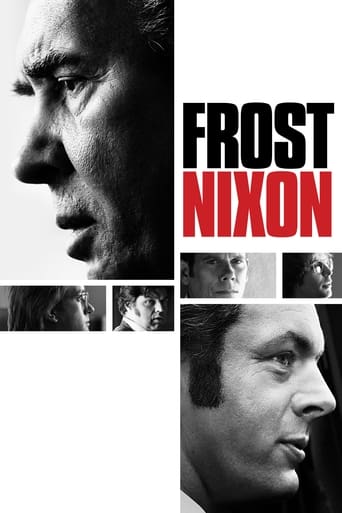
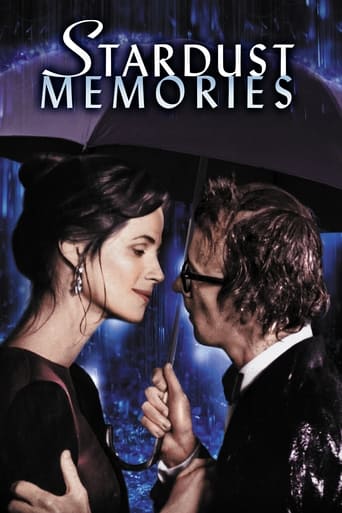
Reviews
It is the late 1970s in communist Poland where Filip Mosz works for a rather generic factory. He buys an 8mm camera to document the life of his newborn daughter. Shortly after getting the camera we see that Filip has more than a casual interest in using it. His interest and skill does not go unnoticed by his boss who appoints him as the company's official film archivist, in particular filming important company meetings and events. Filip's interest in filming is piqued and, with his winning the bronze award at a business film festival, he is in thrall to his camera. Many people are interested in and devoted to their work, but I think that there are not so many who are truly passionate about it, as Filip is about his filming. Having a passion can be disruptive to one's personal life, since the passion will usually take priority over everything. The irony here is that Filip's passion ultimately estranges his wife and child--his initial reason for buying the camera results in that pursuit being lost. The most poignant scene in the movie for me was when Filip's wife walks out on him and, as she leaves, Filip is seen framing how he would film that scene.Filip's passion also creates conflict between him and his boss. Filip wants to film everything, like two members of a meeting taking a break to go to the bathroom. When he embarks on a documentary of a handicapped employee the boss is not pleased, but Filip persists and finally the film winds up on television, in spite of discouragement from management. In an interesting twist, it is not Filip who is let go, but his immediate boss who allowed the filming to proceed. One message here is about unintended consequences, thinking about what effects your actions may have on others. Another message concerns how to resolve issues of personal integrity when in conflict with external pressures; what sacrifices are you willing to make to pursue your passion?The DVD contains an interesting interview with Krzysztof Zanussi, a Polish director who was friends with Kieslowski. Zanussi appears as himself in "Camera Buff," giving an interview with a local film society. Kieslowski provides some gentle humor in satirizing the intellectualizing of film and film criticism. For example, a member of the jury deciding on Filip's film pompously announces that all the entries were inferior and it would be inconceivable to award a first prize.Another excellent film on the topic of someone's developing a passion for film (in this case photography) and how that passion impacts lives is the biographical "Everlasting Moments.""Camera Buff" is an unpretentious and accomplished film well worth watching.
Krzysztof Kieslowski started his career by making documentary films. After he had made 9 documentaries he got the chance to make two feature films for the Polish television: Przejscie podziemne (1973) and Personel (1975). This allowed Kieslowski to direct his first film for theaters, Blizna (The Scar, 1976). The government of Poland didn't treat the film well, and it took about twenty years for anyone to see it. In 1979 Krzysztof made Amator (Camera Buff), a film about an amateur cameraman. Amator was his international breakthrough and it was awarded in the Moscow film festival.A well-earning factory man, Filip Mosz buys a 8mm movie camera to film his daughter's early childhood. When the managers of the factory notice Filip's camera, they ask him to make a film about the company's 25th anniversary party. The film unintentionally gets to a local small festival and leads Filip quickly to the world of art-house cinema. But the success has its price and it causes troubles in Filip's work and private life.Even in the very beginning of Filip's career he meets the problems of the Polish censorship. The film he made about the party should not have showed a mysterious eye-glassed man, pigeons on a window sale, businessmen going to the men's room or the performers getting paid. When Filip gets to an agreement with his boss, they get the film to the festival. The further Filip's career goes, the more he messes up with his private life. His wife, Irka Mosz is not happy about his new hobby, neither is his boss but he has to swallow the facts of Filip's 'success'After the first film Filip makes a film about a short stature man, who works at the factory. This doesn't please the boss and he tries to make Filip not to continue making it. While watching Amator, one cannot help but see the connections to Kieslowski's own career. Amator also studies the difficulty of art in Poland during 1970's. As mentioned above, Kieslowski had problems with getting Blizna (The Scar) to the theaters, and it certainly wasn't the only one. The authorities didn't like his documentaries either, but through their own tracks, they had an impact on cinema.Filip's dedication to cinema, makes his personal life hard and in result of that his wife leaves him. This leads Filip to the basic questions of making cinema, to the battle against the society's and his personal censorship. Amator is an ambiguous film with many layers and many meanings. It analyzes the difficult inner crisis in Poland, it researches the mission of cinema art and tells about the moments in the director's life. The earlier films of Kieslowski often got stuck with the Polish censorship and only after Amator he got his stable place in the European art-house cinema.But Amator certainly isn't a description of the harsh life of filmmakers. Krzysztof Kieslowski writes in his interview book, Kieslowski on Kieslowski that he doesn't think family life necessarily is hard because of cinema. One might have the very same issues, even how much time one would spend with one's family. Whether you're a factory worker or a film director. Perhaps the love given in small doses is much more intense, than love in big doses.Why does the amateur destroy his film in the end? Is it because he is tired of making cinema, the frustration and misery. But the ending agrees to give us an answer. Filip doesn't give up, he turns the camera to himself, to search himself, to study himself but also to continue making films. But why did Kieslowski show Filip destroying his film? Filip has got himself in a trap, from where he cannot move. He pleased the people he didn't want to, by making the film. Kieslowski says that he never had to destroy his work, but when he was making Dworzec (1981) the police wanted to check his camera if he had accidentally filmed a murderer. That was a time when Kieslowski could've destroyed his work, because helping the government without wanting to was something he never intended to do. So Amator is a very deep film with many meanings and purposes. Compared to Kieslowski's earlier feature film, Blizna (1976) Amator is much more complex, well written, personal and altogether well done. The audience gets to experience the magic of cinema at the same time with Filip. He sees the enormous ability of influencing and witnessing events - the fascination of creation.
To an ordinary viewer "Amator" is a film about film-making.However I feel that this is only partially true as this film is much more than a film within a film.Amator is a wonderful film about the role cinema plays in human life along with basic emotions like joy, sorrow, suffering, humiliation, friendship, death etc. Much of the film's brilliance comes in the form of incredible acting performance by Jerzy Stuhr.He has given a masterful twist to his character named Filip Mosz. In "Amator",he knows fully well that he is suffering enormously due to the lack of creative freedom but despite this knowledge he resolutely decides to confront all his emotional crisis. There is no artistic freedom for him as his party officials do not allow him to make the films which he truly wants to make. His wife is against his film-making activities too. This takes toll on their domestic bliss too. In a broad perspective "Amator" talks of the difficulties most of the filmmakers Eastern Europe had to face when they were living under communist times.In " Amator", Kieslowski has shown how subtle films like this one can be made which are mildly critical of party. It would be of great interest to viewers conscious of the honest cinema movement called "cinema of the moral concern". For others it would be a good introduction to one of the outstanding films of East European cinema.
This Kieslowski drama, made prior to his great fame in the West, is the initially comic story of a man whose unfortunate acquisition of a movie camera makes him an observer, rather than a participant, in his own life. So begins his downward spiral into personal tragedy. Kafka stories are also amusing at the beginning.The great Polish actor Jerzy Stuhr plays the man.To me, the emblematic final shot of this film rivals that of Truffaut's "Les quatre cents coups".
